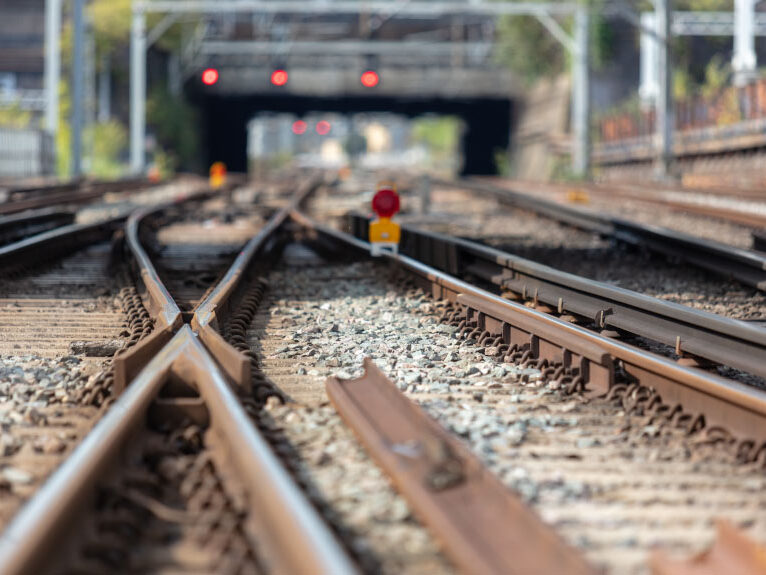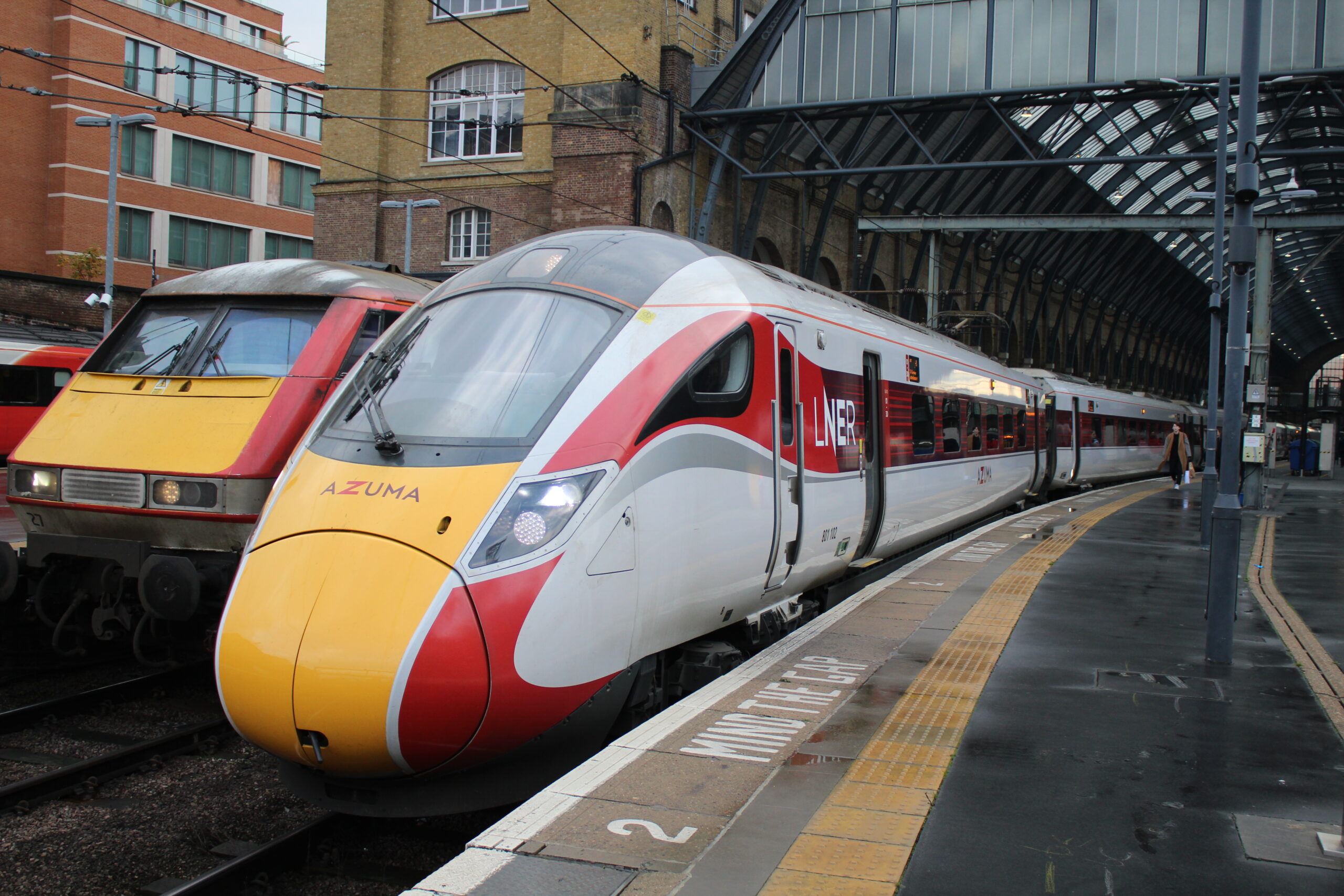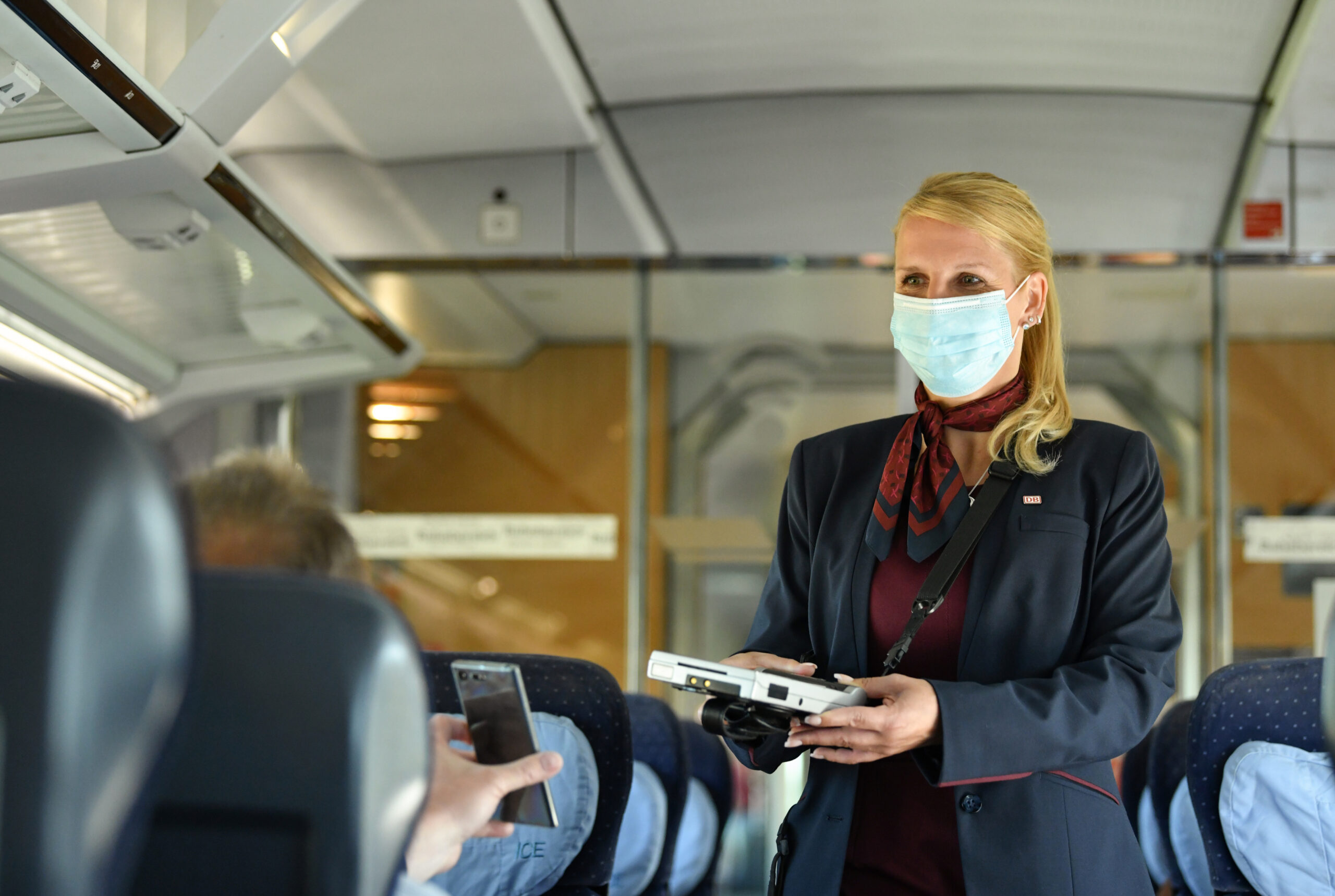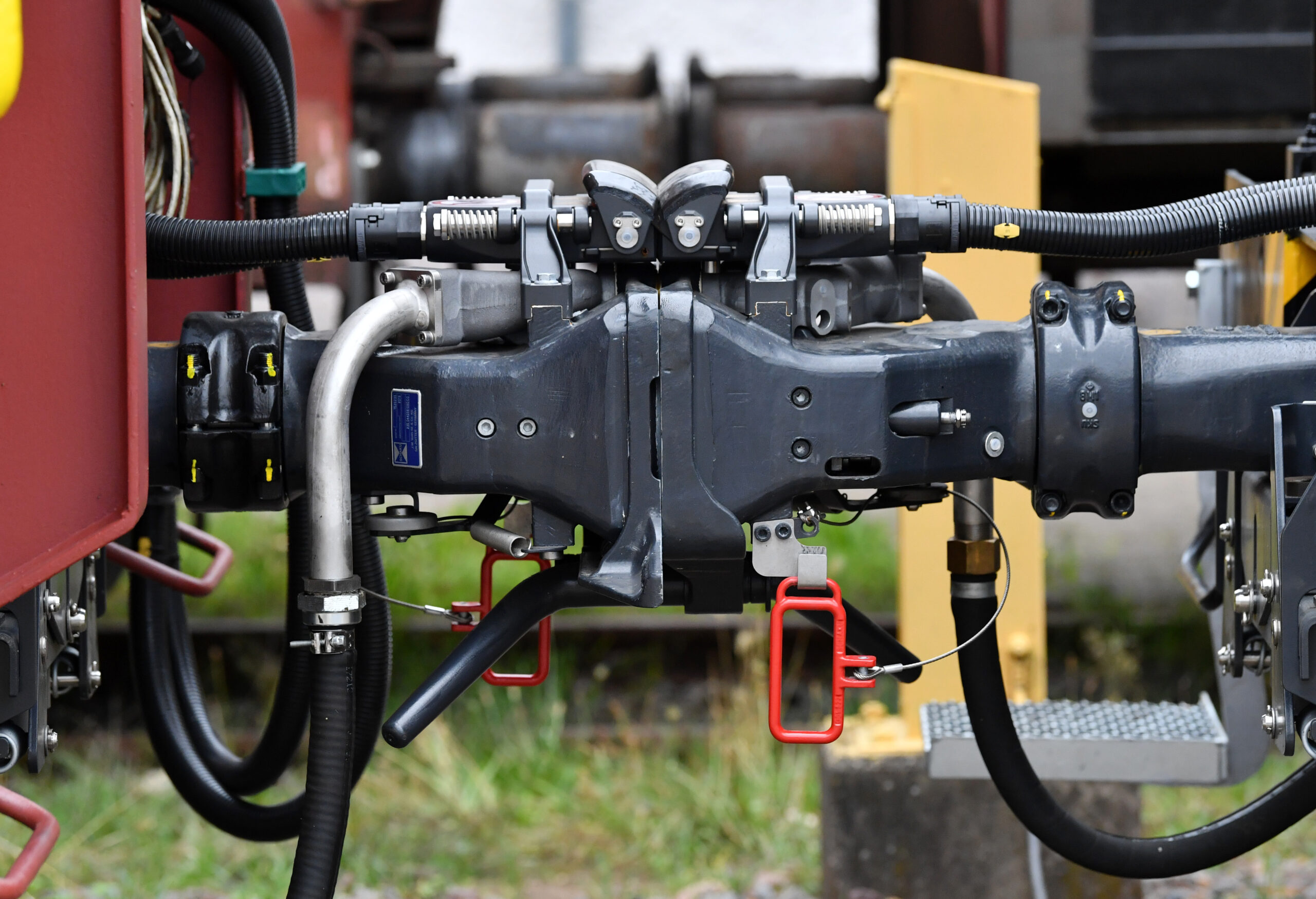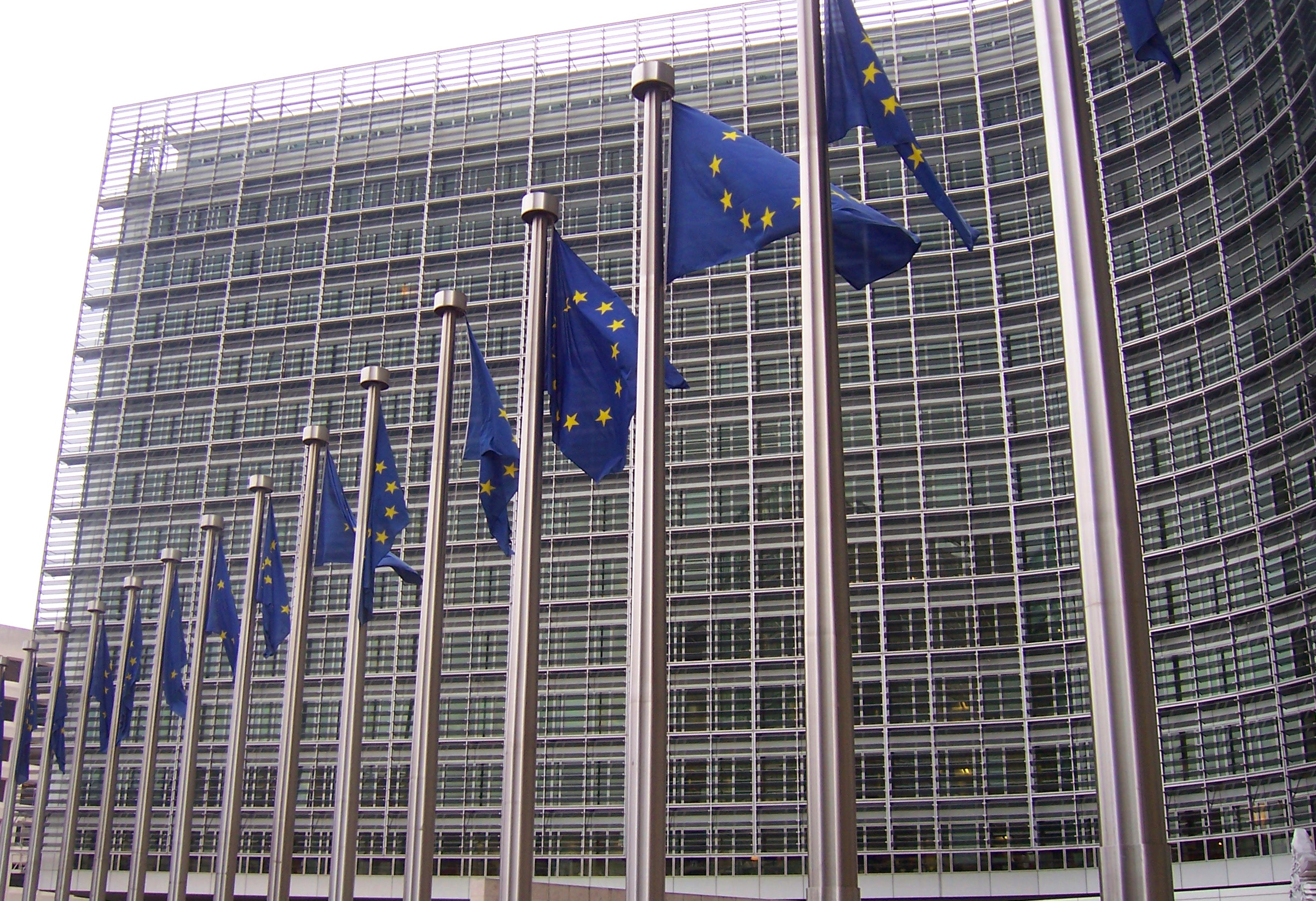The European Parliament has voted (17 September) in favour of a regulation to authorise infrastructure managers to reduce, waive or defer track access charges in recognition of the severe impact the coronavirus pandemic has had on railway undertakings.
Given the unpredictable and sudden nature of the crisis, it was not able to put in place advance legislation. Therefore this current regulation is to be back dated to the beginning of March and should run until at least 31 December 2020, with mechanisms in place to prolong the period by up to six months.
The coronavirus pandemic has caused a sharp drop in demand for rail transport, causing substantial liquidity problems for railway undertakings. One way of providing financial support for the sector would be to reduce, waive or defer their track access charges. These charges are levied so that railway undertakings pay for the cost directly incurred as a result of their operations. Railway undertakings also have to pay reservation charges in order to incentivise the efficient use of capacity. However, the pandemic has also led to widespread train path cancellations and the regulation states that infrastructure managers should be authorised to not levy reservation charges for capacity allocated but not used.
Waiving or reducing such track access charges would of course lead to losses for the infrastructure manager. These would be compensated in line with the existing directive (Directive 2012/34/EU). However, due to the extraordinary nature of the lesses, the European Parliament has proposed a shorter compensation period.
Member States are obliged to inform the Commission of measures taken in this regard and the Commission will make that information publicly available.
The European Rail Freight Association welcomed the vote, saying it gave “Member States the necessary freedom to support the rail freight industry in a neutral, economically justified and transparent way”.
The regulation affects both passenger and rail freight operators, who have been affected in different ways. Passenger services have had to keep running despite massive reductions in passenger numbers. Freight operators have been able to keep carrying freight throughout the pandemic, oftentimes when road freight has been limited; however, freight operators have seen a drop in cargo volumes because of industrial shutdowns, slowing production. The return of passenger numbers and freight volumes still remains unclear.
Dirk Stahl, President, ERFA, said:I am glad that the European institutions have been able to quickly adopt this important Regulation. It is now up to Member States to take advantage of the opportunities presented by this Regulation. In the interest of maintaining and developing an open and competitive rail freight sector, we strongly encourage Member States to do so.
Also read:
- France to Waive Track Access Charges for 2020
- Coronavirus – Rail Is Proving Its Worth beyond Its Green Credentials. It Deserves Support.
- ERFA and UIP Call for State Aid Measures for Rail Freight
- Plea to Bundesrat: Review Lorry Toll Exemption

















